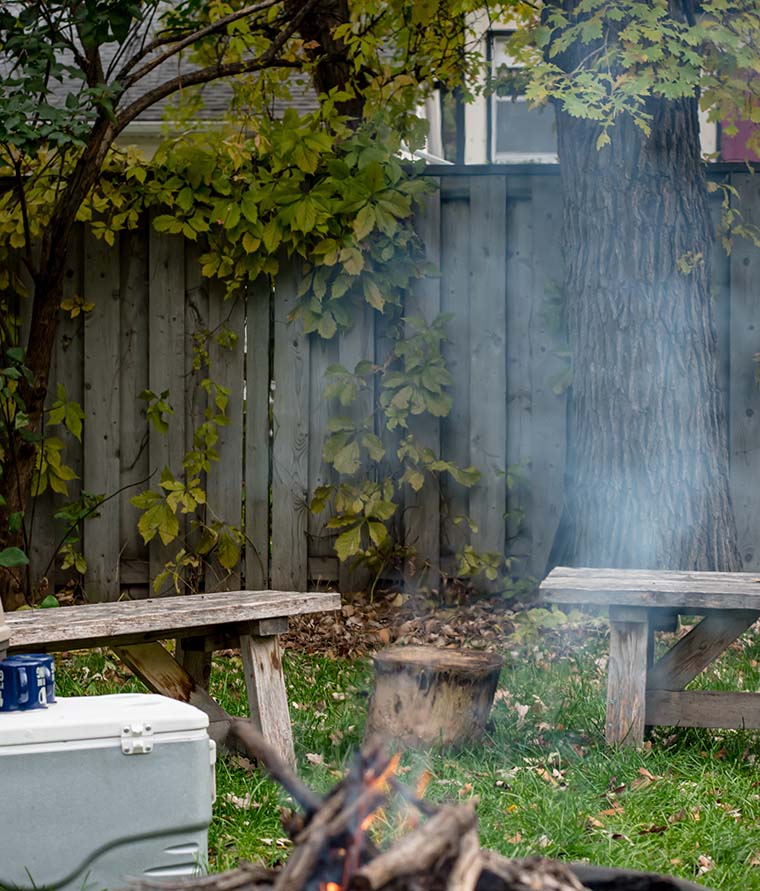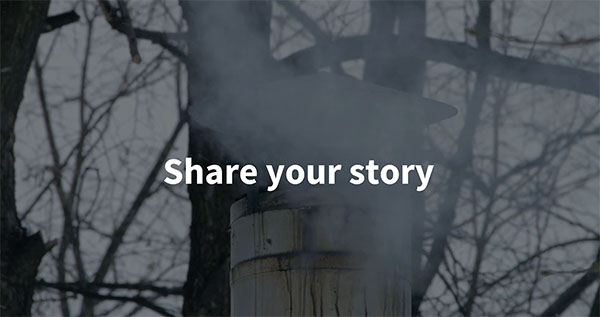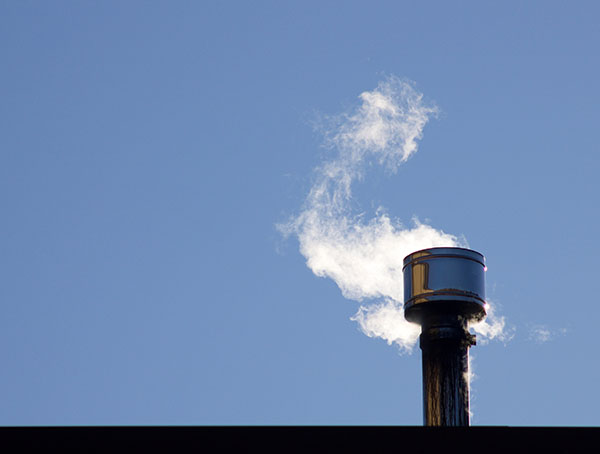We are sometimes asked why we emphasize sharing wood smoke stories. Why is this important? Here we explain, as well as provide some additional information about submitting your personal stories.
Stories increase understanding
Stories help others connect with, and understand, issues more than facts alone. That’s why news reports, for example, often include a human interest angle—a story about how someone is experiencing the thing being reported on.
Common themes emerge, and numbers matter
Sometimes people tell us they don’t see the point in sharing their story, when there are already so many similar ones on our website. But that’s even more of a reason why your story matters!
As we bring together stories from around the world, similar themes emerge. The more stories there are, the more it helps to show this is a widespread problem that affects people in similar, and often severe, ways. Numbers matter. When a lot of people are affected by a problem, it is harder for others to ignore it.
Stories show how real people suffer from wood smoke
Wood smoke pollution is often dismissed by authorities and others as a simple neighbor dispute, or a “nuisance.” But your stories help to show that it is actually a very serious and damaging problem that can, and often does, profoundly affect people’s lives. Sharing your real-life experiences helps to change perceptions about wood burning.
The wood burning industry wants people to think their products are green and wholesome lifestyle accessories. Your lived experiences paint a much different picture that the public needs to see.
When you share your experiences, for example, about being made ill, having extra expenses (for air purifiers, home alterations, extra medications, etc), or being forced from your home by wood smoke, you help challenge the positive image that many people still have about wood burning.
When you share your experiences of revenge burning and authorities not helping, you help challenge the idea that simply talking to the neighbor or reaching out to the local municipality will solve the problem.
Your stories play a much-needed role in helping to increase awareness of the problem.
What makes a useful story submission?
Your stories don’t have to be detailed. They don’t have to be perfect. They don’t have to completely describe your entire situation. Short and succinct is sometimes best.
Many of the comments you, our followers, leave on social media describing your wood smoke situations would work well, and we encourage you to submit these kinds of comments as stories.
Why we ask for your information
We know that many of you are in a difficult situation. We want you to feel comfortable with what you share with us.
When you submit a story, we ask for your name and email address only so we can contact you about your submission before we publish it. This also helps us verify that your story is from a real person. We do not use this information for any other purpose, unless you explicitly tell us otherwise. We won’t even add your email to our mailing list—only you get to decide that.
We ask what country you live in so we can categorize your story correctly. But you don’t need to provide any other details about your location, unless you want to raise awareness about the area you live in, and feel comfortable doing that. You can remain anonymous when your story is published. We will only include your name if you tell us to.
Raising awareness with social media
Because your stories are used to help increase awareness, we post links to story submissions on social media, usually with a brief quote.
These posts often resonate with other wood smoke victims, and these other people begin to tell their stories too. Your stories help others feel less alone in their own situations, and help encourage important conversations about wood smoke pollution.
Help advocate for clean air
Sharing wood smoke stories is a part of advocating for change.






